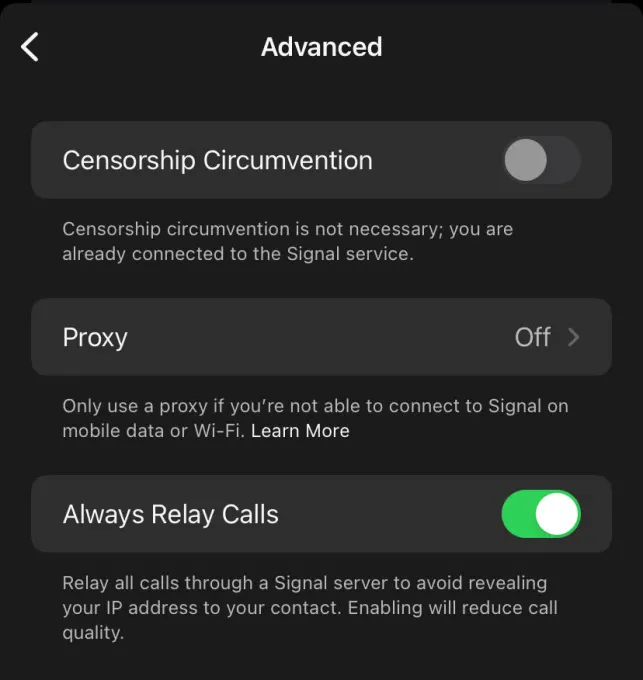Your beloved messaging and calling applications could unwittingly unveil your IP address
IP address to the person you’re communicating with. The root of this issue lies in the common practice of these apps defaulting to peer-to-peer connections, where both parties establish a direct link to enhance call quality. However, this approach introduces potential privacy vulnerabilities that users may not fully grasp.
Security experts have shed light on the fact that many users remain in the dark about the exposure of their IP addresses during calls made via popular messaging apps such as Telegram, Signal, WhatsApp, Facebook Messenger, Apple’s FaceTime, Viber, Snapchat, and Threema.
Cooper Quintin, a security researcher at the Electronic Frontier Foundation, remarks, “Even users with elevated threat awareness often remain unaware of their IP addresses potentially leaking to the person they are calling.”
Matthew Green a cryptography instructor at Johns Hopkins University, underscores the general lack of awareness among users regarding IP address exposure during calls. He emphasizes that when features are not set as defaults, only a negligible fraction of users tend to adjust them. This tendency becomes even more pronounced when these options are buried within privacy settings.
While IP addresses do not divulge exact geographical locations, they can still pose risks, particularly for individuals who may be subject to abuse. IP addresses can be associated with a person’s online activities, rendering them susceptible to surveillance. Security experts acknowledge the absence of a one-size-fits-all solution to this intricate issue. It involves a trade-off between disclosing IP addresses to peers during calls and rerouting calls through proxy servers, which could potentially be accessed by law enforcement.
Telegram:
For instance, Telegram inadvertently exposes users’ IP addresses during calls between contacts due to its defaulting to peer-to-peer connections, aimed at enhancing call quality. As a solution, Telegram offers an option to deactivate peer-to-peer calls.

Signal:
Signal, by default, sets up peer-to-peer connections in calls between contacts to ensure superior audio quality and reduced latency. Users can, however, opt to disable this feature via the settings.

WhatsApp:
WhatsApp automatically toggles between peer-to-peer and relayed calls based on call quality. The company plans to introduce an option to shield IP addresses in the near future. On Nov. 8, WhatsApp launched an optional feature that gives WhatsApp users the ability to hide their IP address from other people they’re calling. With this feature, users can now force all calls to go through WhatsApp’s servers, instead of connecting directly to the person they’re having a call with. That way, the user can hide their IP address from other people. Users can enable this new feature both on iOS and Android by toggling the “Protect IP Address in Calls” option under Settings > Privacy > Advanced.
FaceTime:
Apple’s FaceTime, which is also end-to-end encrypted by default, uses peer-to-peer connections for every call, according to Apple’s security documentation.
Facebook Messenger:
Facebook Messenger shares IP addresses during one-on-one audio or video calls, with no mechanism to turn off this sharing.
Snapchat:
The operational intricacies of Snapchat calls and their IP address implications remain ambiguous, with the company abstaining from responding to inquiries.
Viber:
Viber employs peer-to-peer connections solely in one-on-one calls, allowing users to turn off this feature to safeguard their IP addresses.
Threema:
Threema offers a similar approach to Signal and Telegram, permitting users to direct calls through relay servers to obfuscate their IP addresses.
In summation, users should remain vigilant about the potential exposure of their IP addresses in their preferred chat and call apps. It is advisable to explore the available privacy settings to mitigate this risk.








